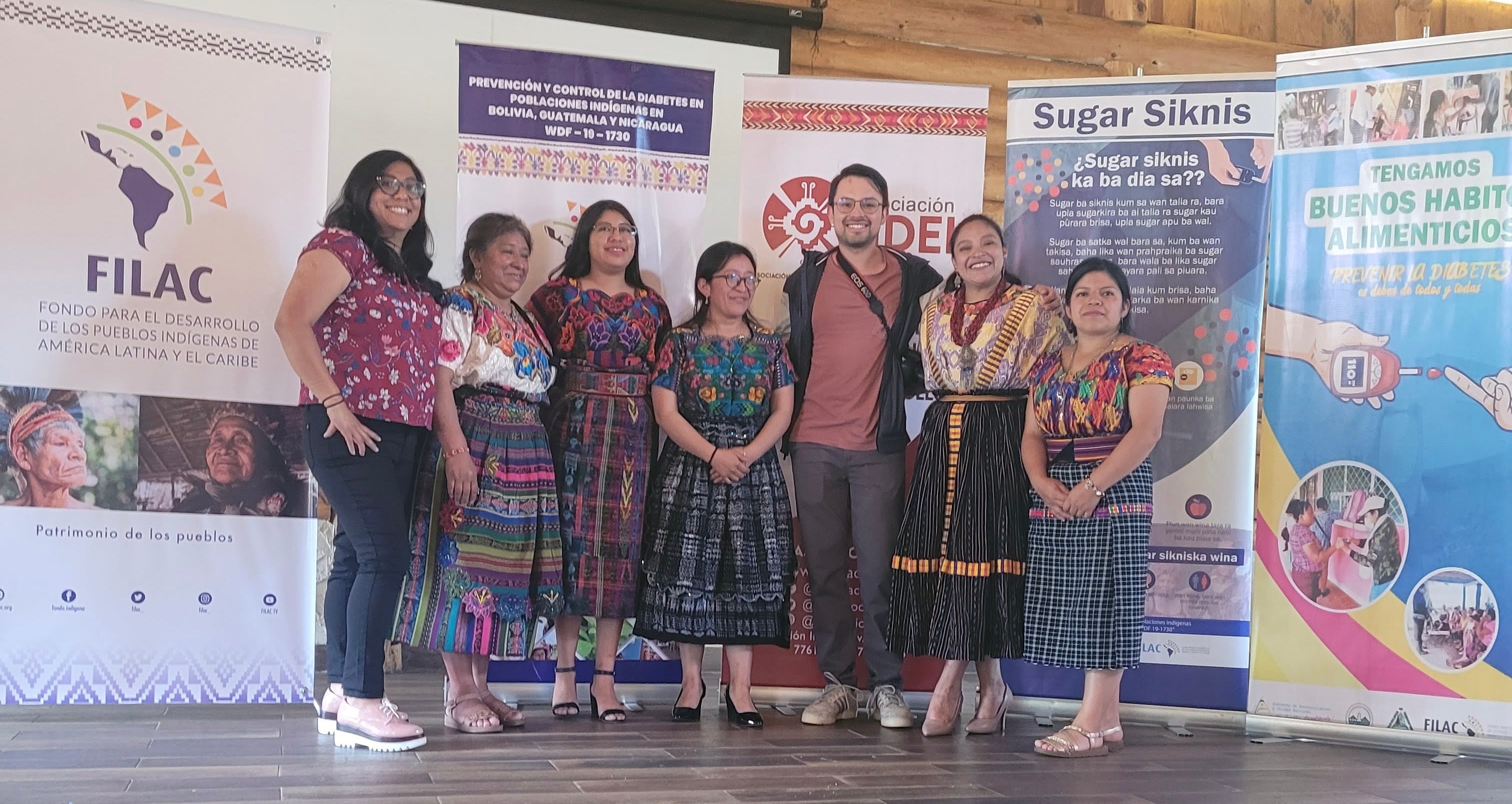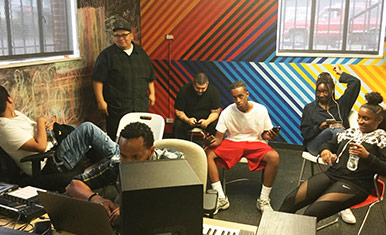Indigenizing Type 2 Diabetes Health Interventions
Summer Traineeship in Guatemala
By B. Azucena Pacheco, PhD
IRISE Postdoctoral Fellow
During the summer of 2023 I worked with the Asociación de Investigación, Desarrollo y Educación Integral (IDEI) [Association for Research, Development and Education] in Quetzaltenango, Guatemala. An important aspect of IDEI is that it is Indigenous led and staffed by local community members. The director of IDEI is Jose Yac, a professor and researcher who is part of the Maya Kiche pueblo, as are the majority of staff at IDEI. Specifically, I worked in the “Prevention and management of Diabetes among Indigenous communities” project, coordinated by Veronica Ajucum. This Type 2 diabetes (T2D) project collaborated with various Maya Kiche communities in the surrounding towns in developing culturally relevant strategies for early detection and management of T2D. This opportunity was provided through the Lighting Up Native Aspirations (LUNA) Traineeship funded by the National Institute of Minority Health and Health Disparities (NIMHD) through the Indigenous Wellness Research Institute at the University of Washington.
My tasks included leading workshops for the community health workers, including topics such as the ”Mental health effects of being diagnosed and living with chronic illness”, as well making weekly visits to the medicinal community gardens in various communities and participating in radio interviews about Type 2 diabetes. My other duties centered on helping to coordinate the World Diabetes Funded (WDF) conference, “Prevention and Management of Diabetes in Indigenous Populations in Bolivia, Guatemala and Nicaragua”, which IDEI was hosting in Guatemala that year (see picture below of IDEI conference coordinating team). This was a conference which brought together Indigenous and non-Indigenous medical, community health, and health policy officials working with Indigenous communities in Nicaragua, Bolivia and Guatemala to report on advances in their Type 2 diabetes projects locally and at the national level. One of the beautiful aspects of this conference was that each day began with an Indigenous-led ceremony by a leader from each country, thus “Indigenizing” this international health conference. Furthermore, most people leading the community-based projects were Indigenous people from those communities, which informed and connected them to the work they do in very powerful ways.
The eight weeks I worked with IDEI were truly enriching and enjoyable. The IDEI Diabetes team was small but mighty team who demonstrated having built trusting relations with local communities and centered the voices of the communities in this work. This was truly an enriching experience.
The results of IDEI’s “Prevention and management of Diabetes among Indigenous communities” project can be found in the publication, Guía de atención integral e intercultural de la Diabetes Mellitus 2 [Report on the holistic and intercultural treatment of Type 2 diabetes mellitus] published by IDEI in August 2023.



